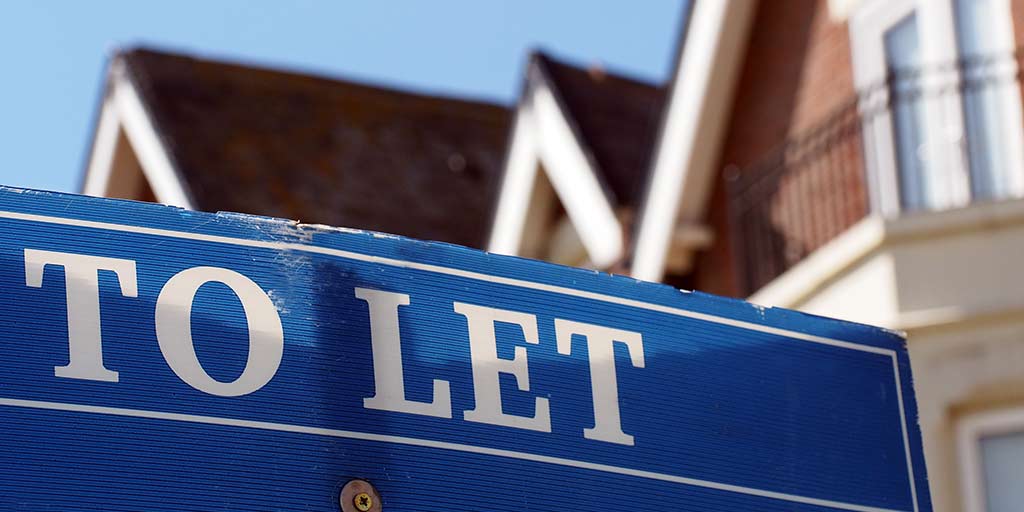This information should not be interpreted as financial, tax or legal advice. Mortgage and loan rates are subject to change.

Category: prs
Many landlords feel Labour are against the private rental sector (PRS), and news that government has strengthened the ability for councils to put in place selective licensing schemes will do little to change that view.
At present, a local authority has to get permission from the Secretary of State before they can go ahead with a selective licensing scheme. From December 23rd 2024, councils will not have to do this.
This change to the rules was issued in an update to guidance for local authorities.
What is a selective licensing scheme?
Selective licensing schemes require landlords to have a license to privately rent out a property within a designated area.
According to the Tenancy Deposit Scheme website, a selective license can cost a landlord £400-£1,000 per property, depending on the local authority (who can set pricing themselves) and size/type of property – HMO’s in particular can cost more.
The subject of selective licensing fees has been raised on HMRC’s community forum, where one contributor asks if a selective licensing fee falls within ‘professional fees’ within allowable expenses on a self-assessment tax return. The response confirms that it does, which will be an important point for those affected to be aware of (professional tax advice should be sought to ensure up to date rules are followed).
Industry response to the news
The factions supporting each side of the PRS have naturally greeted the news very differently. Speaking on behalf of landlords, the policy director for the National Residential Landlords Association, Chris Norris, was strongly critical of the move, pointing out that it doubled up on plans for a national landlord database:
It makes no sense that whilst planning to create a national database of private landlords, the Government now wants to make it easier for councils to license landlords as well.
“Ministers must clarify how they plan to prevent the two schemes from duplicating each other. A failure to do so risks them becoming nothing more than cash cows.
“The Government’s plans will remove important safeguards against misuse of council licensing powers. It absolves ministers of any responsibility and will give local authorities free rein to blanket entire towns with unnecessary and costly schemes.
“Data from 2021 to 2023 shows that seven of the top ten most proactive councils issuing improvement notices to private sector landlords did not have selective licensing schemes in place. This clearly demonstrates that licensing schemes do not automatically lead to higher levels of enforcement by councils.
By contrast, speaking for tenants, the Renters Reform Coalition welcomed this step from the Labour government:
This is good news – we’ve long been calling for the government to make it easier for councils to extend and set up landlord licensing schemes, which are an important line of defence for renters.
“Private renting is different everywhere, so it’s important councils are empowered to tackle local problems and drive up standards.
“We look forward to seeing more detail about these changes.
Impact on landlords
Within the announcement to the change on selective licensing, the government stated that any council setting up a selective licensing scheme must still keep to rules around them.
Amongst these rules it says that a selective licensing scheme can only be set up where there are problems with low housing demand, or anti-social behaviour linked to private rental properties in an area is a big and ongoing problem.
A council also has to carry out a consultation for a period of at least 10 weeks before putting in place a selective licensing scheme, which allows the public (to include landlords) to give their views on the plans.
So, whilst this is a matter likely to spark concern for landlords, given the costs and administration involved, it may not spark an avalanche of schemes.
Councils will be aware that private landlords contribute to providing necessary housing in their districts, and the council is also responsible for housing the homeless in those districts, so applying negative pressure on the PRS may be something they weigh up with care.
Only time will tell what the upshot of this change will be, but it is likely to be met with frustration by the landlord community nonetheless.


